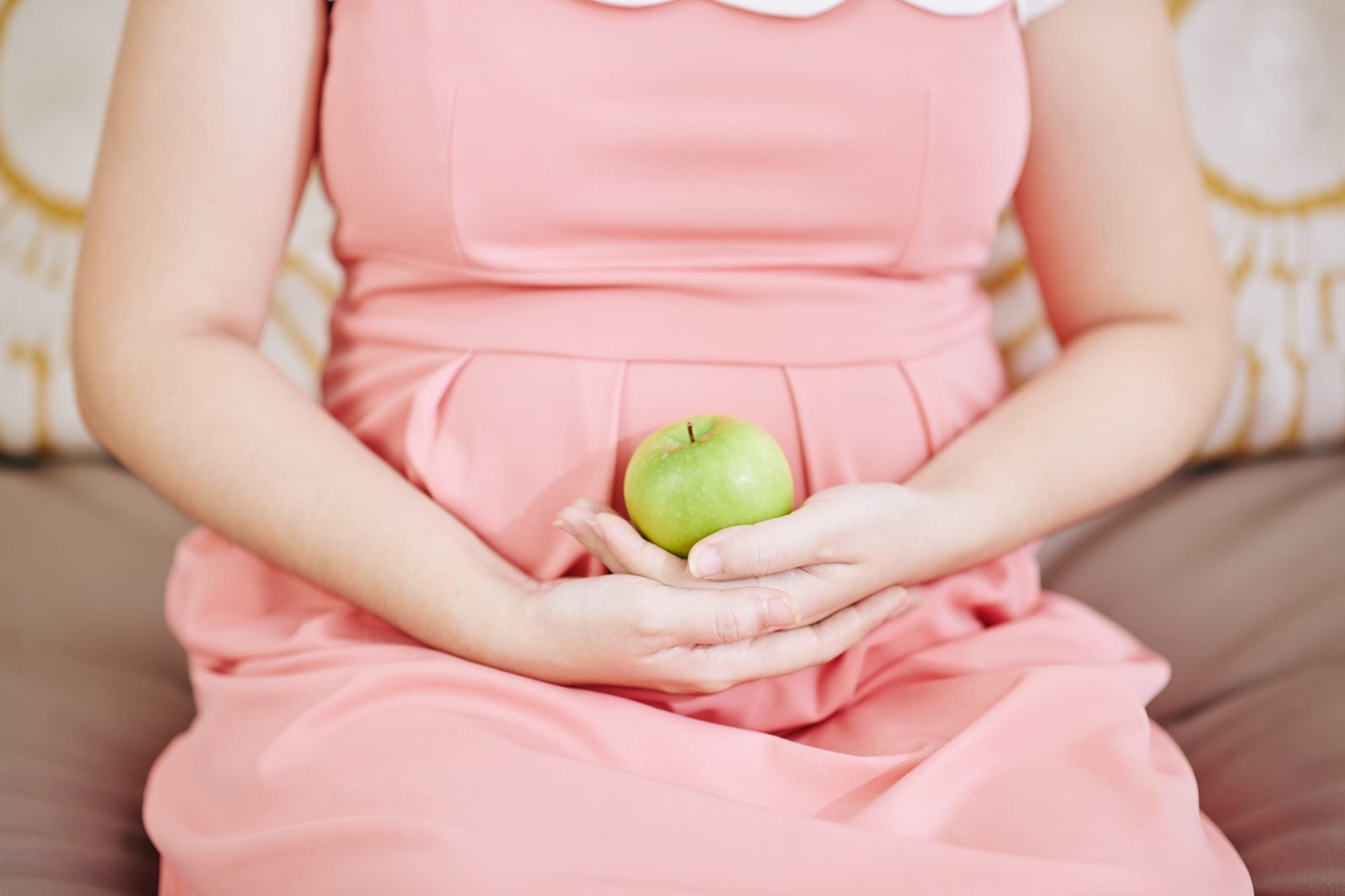
PCOS (Polycystic Ovary Syndrome) is generally termed as a hormonal disorder that affects the reproductive age of women. The symptoms of PCOS affect the ovaries and their functions related to the reproductive system of a female. Women with PCOS have high levels of androgens commonly known as male hormones that could lead to several symptoms such as irregular periods, excess hair growth, acne, and difficulty getting pregnant. It has been estimated that more than 70% of women diagnosed with PCOS face difficulty in conceiving. However, you can improve your fertility by using the right approach or method for getting pregnant successfully.
This article will explore the causes of infertility in women with PCOS, along with natural and medical ways to enhance fertility.
PCOS directly affects ovaries which are required for the production of eggs in women. When a woman is diagnosed with PCOS, ovaries are prevented from releasing eggs on a regular basis due to hormonal imbalances. The irregular ovulation sets to be a major cause of infertility a,ong women with PCOS. Moreover, with this, women also experience the development of small cysts in their ovaries resulting from immature eggs that do not get released during ovulation.
Adding to this, it has also been seen that many women with PCOS have issues with insulin resistance. This results in higher insulin levels, contributing to weight gain, irregular cycles, and worsened ovulatory dysfunction. Higher level of androgen is another problem with PCOS women leading to several symptoms such as excessive hair growth, acne, and scalp hair thinning. Thus, women with PCOS need to keep their attention on changes driven in their cycles and symptoms so that the right steps can be taken at the right time to improve fertility with PCOS.
Fortunately, there are several strategies that women with PCOS can use to improve fertility. These range from lifestyle changes and natural remedies to medical treatments.
Maintaining your weight is the foremost factor that needs to be contemplated for enhancing fertility in women with PCOS. Your excess weight can worsen the situation of hormonal imbalance and insulin results, leading to ovulation dysfunction. Thus, it is pivotal for you to keep yourself healthy by eating a balanced diet and exercising regularly. It will help regulate insulin levels and improve the regularity of menstrual cycles and ovulation.
Focus on a balanced and nutrition-rich diet including vegetables, fruits, lean proteins, and whole grains. Regular exercises such as walking, swimming, or cycling can improve insulin sensitivity and support weight loss.
Even modest weight loss (5-10% of body weight) can significantly improve menstrual cycles and increase the likelihood of ovulation.
Your choice of food and diet can impact your fertility and PCOS positively. Let’s see what could be incorporated into it-
You should also have a balanced nutritional diet so that nutritional deficiencies can be controlled by adding vitamins and minerals to your diet. This supports your overall health by adding proper nutrition.
Always consult with your healthcare provider before starting any supplementation regimen.
If you are struggling to ovulate due to PCOS, medication can help you in the same as it triggers ovulation. The common medication as follows-
Your doctor will guide you through the process of choosing and using these medications.
If you are not able to conceive with medication and lifestyle changes, you need to go for ART (assisted reproductive technologies), a defined option for successful pregnancy. The procedure is followed as-
ART can be considered the best option if other treatments do not prove to be successful for your pregnancy.
Stress affects fertility and hormone levels directly and negatively. You should always try to remain stress-free by keeping yourself involved in meditation, and yoga and getting adequate sleep.
If you are prone to PCOS and struggling with fertility issues, you should consult a fertility specialist their opinion will bring invaluable change. Regular monitoring or keeping an eye on your symptoms and conducting blood tests, and ultrasound will help in assessing hormone levels and also track ovulation. As per your situation and needs, you are provided with tailored recommendations that suit you best.
Improving fertility in women with PCOS is entirely possible with the right approach. By addressing lifestyle factors such as diet, exercise, and weight management, as well as using medications and supplements to support ovulation, many women with PCOS can enhance their fertility. Working closely with a healthcare provider to tailor a treatment plan specific to your needs is essential for maximizing your chances of conception. With patience, persistence, and proper medical care, many women with PCOS are able to achieve their dream of becoming mothers. At Aveya IVF Centre, we are here to help you at every step, so if you struggling with infertility due to PCOS, contact us today!!